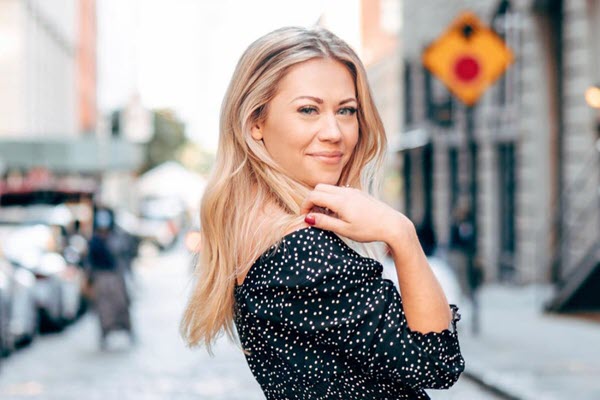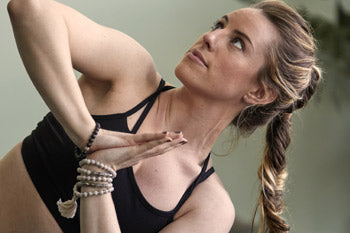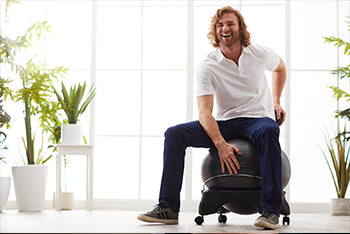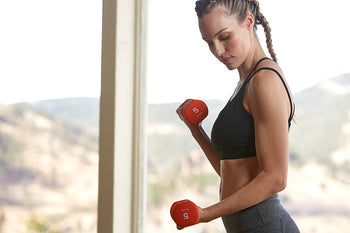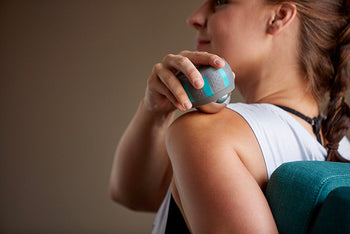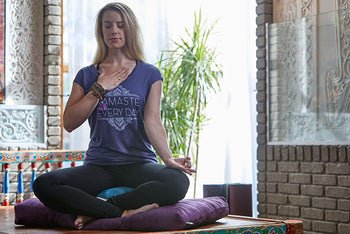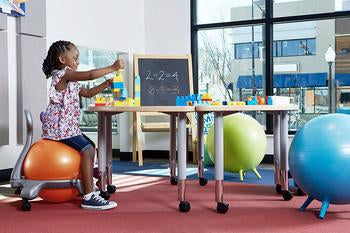6 Alternative Treatments for Anxiety and Panic Attacks

Author: James Rouse, N.D.
Causes, Symptoms, and Triggers
Anxiety is an emotional state characterized by apprehension, unease, panic, fear or terror, dread, uncertainty, and/or worry. Physical symptoms that often accompany the feelings of anxiety include jitters, insomnia, fear, sweating, shortness of breath, rapid heart rate and/or heart palpitations, chest pain, decreased sex drive, nausea, and/or diarrhea.
Feelings of anxiety can become a greater health concern when the symptoms become excessive and persist indefinitely, cause emotional distress or when the symptoms start to interfere with normal activities of daily living. An acute form of anxiety disorder is often referred to as a panic attack — a sudden, intense bout of panic, fear, and dread combined with shortness of breath, excessive sweating, rapid heartbeat and/or a feeling of looming death.
The exact causes of anxiety and panic attacks in a given patient are usually unknown. Anxiety attacks can be triggered by intense stress or a traumatic event, such as a death, accident, or divorce, while others have no identifiable root causes. Physiologic and hereditary factors may also play a role in anxiety. Certain substances or drugs, or withdrawal from such substances, can trigger anxiety. The most common triggers include caffeine, over-the-counter decongestants, asthma drugs, and withdrawal from alcohol, tobacco, caffeine, certain medications, and other addictive substances including narcotics.
Complementary/Nondrug Treatment and Prevention
In complementary or alternative treatments to psychotherapy and/or medication, your doctor may prescribe several natural methods and herbal remedies for panic attacks.
Natural medicine practitioners have used herbs including kava kava and St. John’s Wort as effective treatment alternatives to prescription anxiety drugs. Kava kava is well known for its calming effects and holds great promise in easing the symptoms of nervousness; however, the FDA has recently issued warnings on kava kava due to its adverse effects on the liver. Valerian root is another herb that is often used for its calming effects. St. John’s Wort is backed by more research on its safety and use as an anxiety treatment, and as a treatment for mild to moderate depression. Its effectiveness in treating anxiety is yet to be confirmed.
SAMe is another dietary supplement that has been used in treatment of anxiety. Eliminating caffeine and alcohol, reducing your intake of sugar, sugary food products, refined carbohydrates, and foods with additives and chemicals may help lessen anxiety symptoms. To minimize headaches and other withdrawal symptoms, make reduction of caffeine intake gradual. Instead of caffeinated beverages, try drinking tea made from chamomile (or passionflower, skullcap, or lemon balm), which can relax you without causing drowsiness or addiction.
Calcium, magnesium, and vitamin B complex all contribute to the health and proper functioning of the nervous system. They also support the production of neurotransmitters, chemicals that help relay messages between nerve cells.
Exercising regularly and practice relaxation techniques such as meditation, yoga, t’ai chi or progressive relaxation are all non-drug remedies that can help relieve anxiety disorders. Your routine should include cardiovascular exercise, which burns lactic acid, produces mood-enhancing chemicals called endorphins, and causes the body to use oxygen more efficiently.
Controlled breathing techniques can help ease a panic attack. When an attack strikes, try this breathing exercise: Inhale slowly to a count of four, wait four counts, exhale slowly to a count of four, wait another four counts, then repeat the cycle until the attack passes.
Consult your doctor before using any panic attack natural treatment or other health treatment — including herbal supplements and natural remedies — and tell your doctor if you have a serious medical condition or are taking any medications. The information presented here is for educational purposes only and is in no way intended as substitute for medical counseling.
Also in Blog
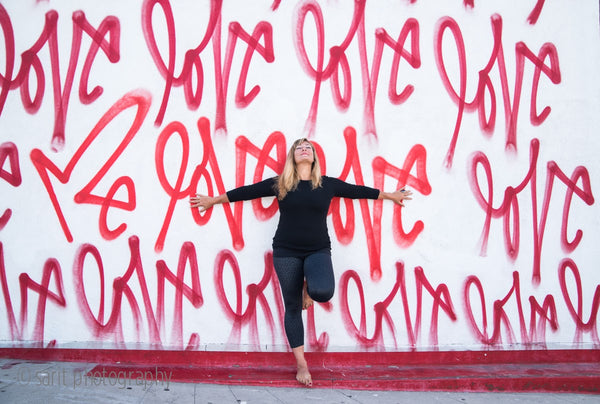
Body Peace & Personal Empowerment
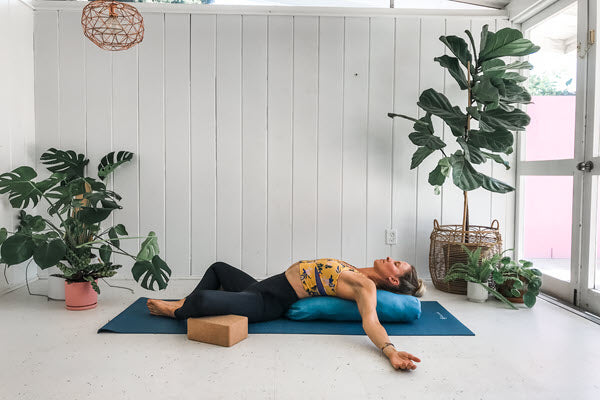
Yoga for Swimmers: Poses for Strength and Mobility
